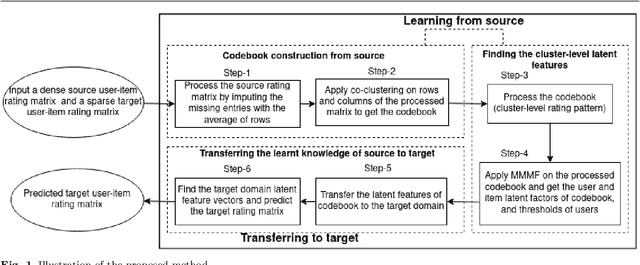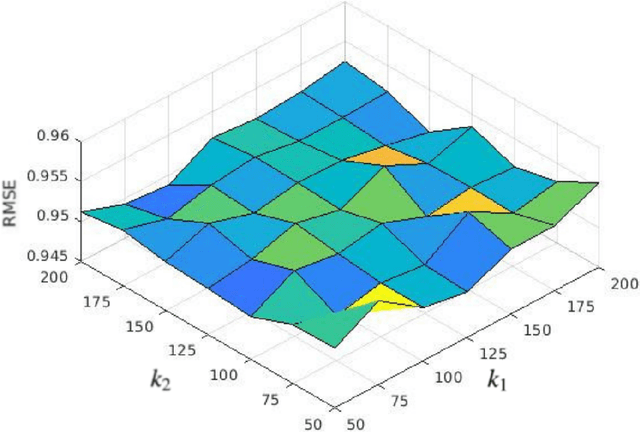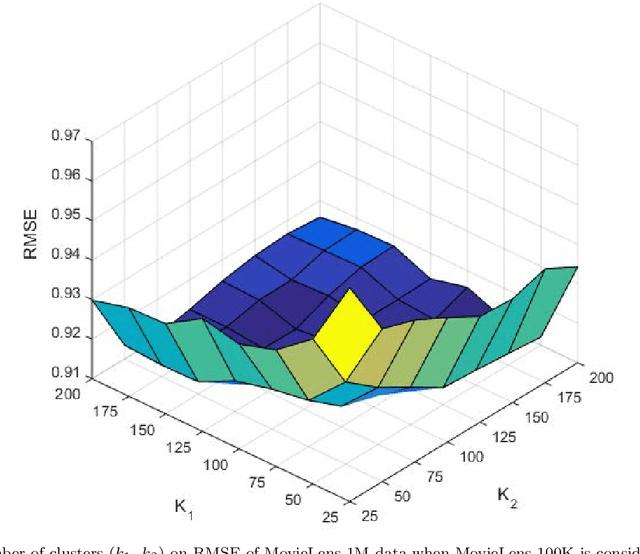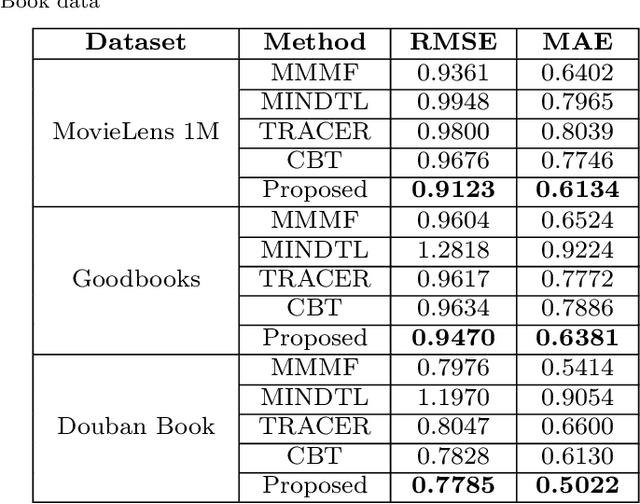Sowmini Devi Veeramachaneni
Gradient Based Hybridization of PSO
Dec 15, 2023Abstract:Particle Swarm Optimization (PSO) has emerged as a powerful metaheuristic global optimization approach over the past three decades. Its appeal lies in its ability to tackle complex multidimensional problems that defy conventional algorithms. However, PSO faces challenges, such as premature stagnation in single-objective scenarios and the need to strike a balance between exploration and exploitation. Hybridizing PSO by integrating its cooperative nature with established optimization techniques from diverse paradigms offers a promising solution. In this paper, we investigate various strategies for synergizing gradient-based optimizers with PSO. We introduce different hybridization principles and explore several approaches, including sequential decoupled hybridization, coupled hybridization, and adaptive hybridization. These strategies aim to enhance the efficiency and effectiveness of PSO, ultimately improving its ability to navigate intricate optimization landscapes. By combining the strengths of gradient-based methods with the inherent social dynamics of PSO, we seek to address the critical objectives of intelligent exploration and exploitation in complex optimization tasks. Our study delves into the comparative merits of these hybridization techniques and offers insights into their application across different problem domains.
Transfer of codebook latent factors for cross-domain recommendation with non-overlapping data
Mar 26, 2022



Abstract:Recommender systems based on collaborative filtering play a vital role in many E-commerce applications as they guide the user in finding their items of interest based on the user's past transactions and feedback of other similar customers. Data Sparsity is one of the major drawbacks with collaborative filtering technique arising due to the less number of transactions and feedback data. In order to reduce the sparsity problem, techniques called transfer learning/cross-domain recommendation has emerged. In transfer learning methods, the data from other dense domain(s) (source) is considered in order to predict the missing ratings in the sparse domain (target). In this paper, we come up with a novel transfer learning approach for cross-domain recommendation, wherein the cluster-level rating pattern(codebook) of the source domain is obtained via a co-clustering technique. Thereafter we apply the Maximum Margin Matrix factorization (MMMF) technique on the codebook in order to learn the user and item latent features of codebook. Prediction of the target rating matrix is achieved by introducing these latent features in a novel way into the optimisation function. In the experiments we demonstrate that our model improves the prediction accuracy of the target matrix on benchmark datasets.
A Hinge-Loss based Codebook Transfer for Cross-Domain Recommendation with Nonoverlapping Data
Aug 02, 2021



Abstract:Recommender systems(RS), especially collaborative filtering(CF) based RS, has been playing an important role in many e-commerce applications. As the information being searched over the internet is rapidly increasing, users often face the difficulty of finding items of his/her own interest and RS often provides help in such tasks. Recent studies show that, as the item space increases, and the number of items rated by the users become very less, issues like sparsity arise. To mitigate the sparsity problem, transfer learning techniques are being used wherein the data from dense domain(source) is considered in order to predict the missing entries in the sparse domain(target). In this paper, we propose a transfer learning approach for cross-domain recommendation when both domains have no overlap of users and items. In our approach the transferring of knowledge from source to target domain is done in a novel way. We make use of co-clustering technique to obtain the codebook (cluster-level rating pattern) of source domain. By making use of hinge loss function we transfer the learnt codebook of the source domain to target. The use of hinge loss as a loss function is novel and has not been tried before in transfer learning. We demonstrate that our technique improves the approximation of the target matrix on benchmark datasets.
 Add to Chrome
Add to Chrome Add to Firefox
Add to Firefox Add to Edge
Add to Edge